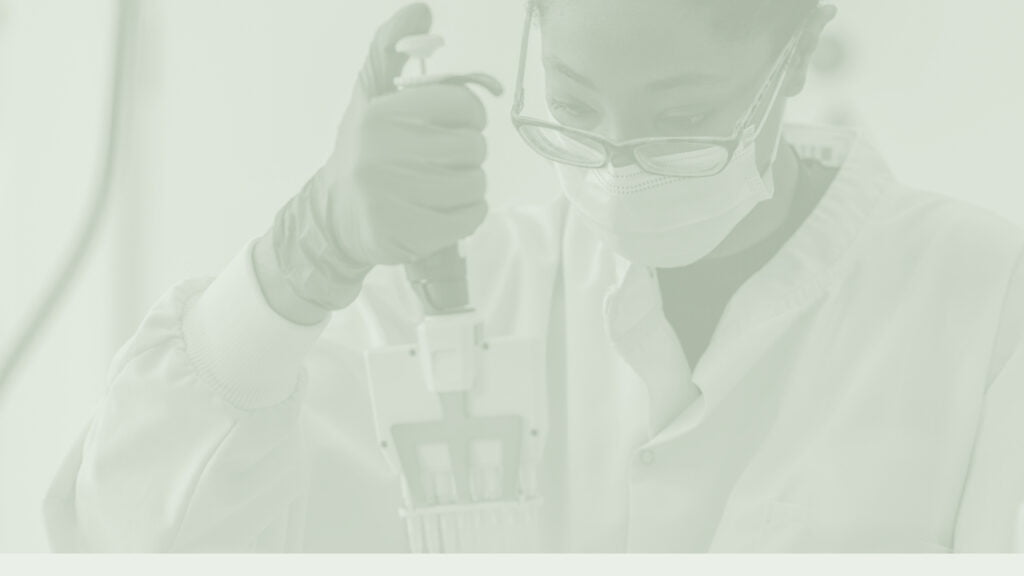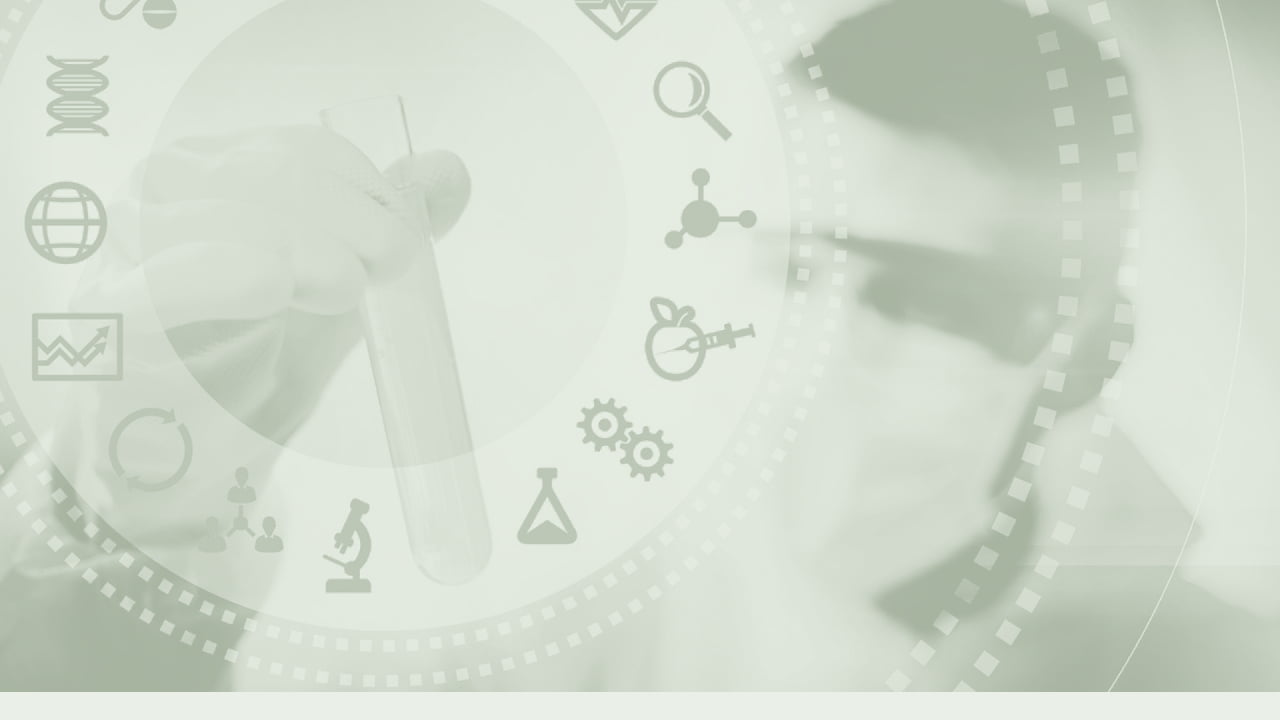This post is part of "Periscopio", the Linkedin newsletter which every week delves into Futuro Prossimo themes, and is published in advance on the LinkedIn platform. If you want to subscribe and preview it, find it all here.
Synthetic biology (synbio) is a branch of research that deals with redesigning organisms to improve and sustain human life. According to an estimate, this rapidly growing scientific field will generate 28,8 billion euros of worldwide turnover by 2026.
As with all transformative technologies, Synbio also places us at a crossroads: it can revolutionize a number of aspects of society, but things can also go terribly wrong if used for bad or unethical reasons.
Let's take a look at the prospects and risks together, with a necessary, brief introduction.
What is synthetic biology?
Synthetic biology (or Synbio) is an area of scientific research that involves the modification and redesign of different biological components and systems in various organisms.
It is similar to genetic engineering, but on a more detailed scale: while genetic engineering moves, copies and pastes “ready-made” DNA, synbio creates brand new DNA from scratch.
The opportunities of Synbio
The practical uses of synbio are practically endless: a McKinsey study has identified over 400 potential applications divided into four broad categories:
- Human health and performance;
- Agriculture and food;
- Consumer products and services;
- Materials and energy production;
Together, these applications could have a direct economic impact up to € 3,6 trillion per year by 2030-2040.
1. Human health and performance

With an expected annual impact of € 1,3 trillion by 2030-2040, the medical and health sector will be among the most transformed by synbio. The applications?
At Berkeley, bioengineer Jay Keasling has manipulated the biology of yeasts to produce medical treatments, the first of which is against malaria. Synthetic biology could also improve gene therapy: using synbio techniques, the British biotech company Touchlight Genetics is working on a way to build Synthetic DNA without the use of bacteria, which would be a game-changer for the field of genetics.
2. Agriculture and food

The agricultural sector can grow up to € 1,2 trillion per year already by 2030 thanks to synthetic biology.
The 'workhorse' is thecellular agriculture, or the creation of meat (and other foods) in the laboratory. The cost of these products is decreasing visibly: many startups are developing the products and activists from all over the world are pushing this solution (the last interview with one of them was this morning!).
Once fully operational, cellular agriculture can reduce land and water consumption, drastically reduce polluting emissions and end the animal slaughter (and the risks for humans) of intensive farming.
3. Consumer Products and Services

Using synthetic biology, products could be tailored to an individual's specific needs. Something halfway between a self-medication and a high-profile medical treatment: do-it-yourself genetic tests, skin and anti-aging treatments and other products that would make the fortune of many companies.
Overall, by 2030-2040 synthetic biology could have an economic impact on consumer products and services up to 800 billion of euros per year.
4. Materials and energy production

Synbio will also be able to do its part to improve the production of clean energy and biofuels. Microalgae are currently being "reprogrammed" to produce clean energy in an economic way, for example.
This, along with other material and energy improvements through synthetic biology methods, could have a direct economic impact up to 300 billion euros every year.
The potential risks of synthetic biology
While the potential economic and social benefits of synbio are vast, there are also a number of risks to be aware of:
- Unwanted biological repercussions: Any modification to a biological system can have ripple effects on entire species or ecosystems. When changing any form of life, things don't always go according to plan.
- Ethical issues: Embryo modification is an example of controversial synbio application. If these technologies become popular, they could have significant social effects: the degree of application of this technology will depend on the value system of different communities around the world.
- Unequal access: As might be expected, progress in synbio is happening faster in rich nations than in developing countries. If this pattern continues, access to synthetic biology technologies may not be equal across the world, a bit like what happened recently with vaccines against Covid-19.
- Biological weapons: Needless to say, if Synbio were used for negative purposes it would lead to new viruses, or enhanced viruses, or other lethal biological weapons unimaginable today.
Un team of scientists from the University of Edinburgh believes that communication between the public, synthetic biologists and policy makers is key to mitigating these social and environmental risks. Because, and this is another piece of news that is easy to imagine, synbio is not something that will stop: this "genius" is not one of those that fit into the lamp.
Balancing risk and reward of synthetic biology
For this reason, despite the risks involved, innovation in synthetic biology is happening at a very rapid pace. By 2030, most people will likely have eaten or worn a product created by synbio, or will have experienced a medical treatment born of this technology: word of the synthetic biologist or treated with a product created by synthetic biology.
Our choices today will determine the future of synthetic biology and its way of transforming the world and the future: for better or for worse.


